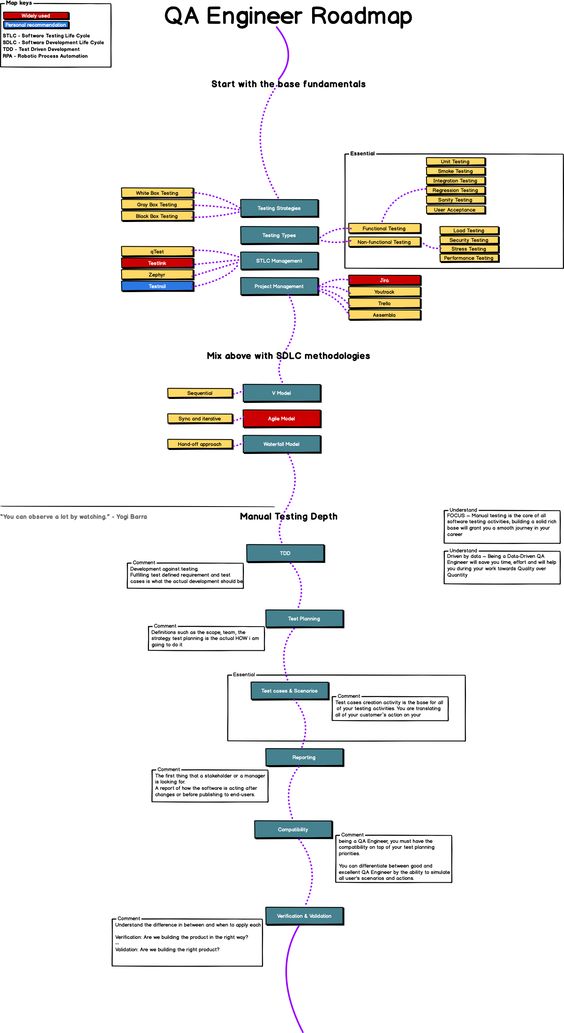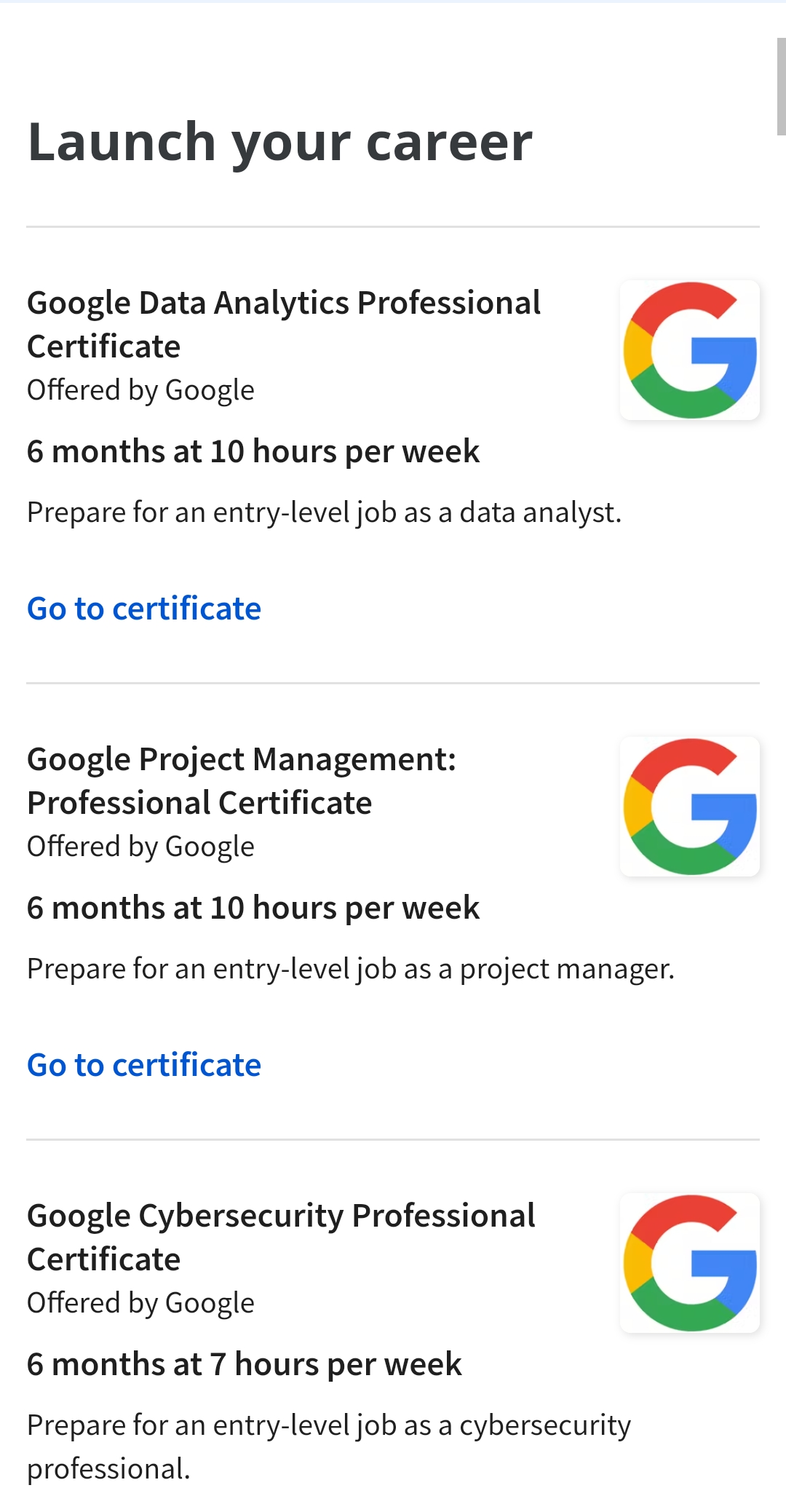To become an entry-level QA engineer, you need to have a degree in computer science, software engineering, or a related field. Additionally, it’s helpful to have some experience in testing, quality assurance, or software development. An entry-level QA engineer typically focuses on the following tasks:
Entry Level Positions
- Writing test plans and test cases: Writing clear and concise test cases is an essential skill for a QA engineer. It requires an understanding of the product requirements and the ability to create test cases that cover all the functional and non-functional aspects of the product.
- Executing test cases and reporting defects: An entry-level QA engineer needs to execute test cases and report defects found during testing. They need to have the ability to reproduce defects and provide clear steps to reproduce them.
- Collaborating with developers to resolve defects: Collaboration with developers is essential for a QA engineers. They need to work together to resolve defects found during testing.
- Maintaining and improving testing processes: An entry-level QA engineer should always be looking for ways to improve testing processes. They need to have an eye for detail and be able to identify areas for improvement in the testing process
We Recommend the following FREE Courses:
- Solar Energy for Engineers, Architects and Code
- Requirements Engineering: Secure Software
- Applied Software Engineering Fundamentals
- API Testing Using Rest Assured Test Automation
- Testing and Debugging Python
- Use Python to Create a Web Testing Bot
- Unit Testing in Java
Mid Level Positions
Once you’ve gained some experience as an entry-level QA engineer, you can move up to a mid-level position. At this level, you’ll be responsible for leading testing efforts, identifying improvements to testing processes, and mentoring junior QA engineers. You may also be involved in project management and working with cross-functional teams to ensure that the product meets business goals. The responsibilities of a mid-level QA engineer include:
- Leading testing efforts for projects: A mid-level QA engineer should have experience in leading testing efforts for projects. They need to have the ability to create a testing plan and test cases, as well as the skills to manage and coordinate the testing effort across a team of QA engineers.
- Identifying improvements to testing processes: As a mid-level QA engineer, you’ll be expected to identify areas for improvement in the testing process. You need to have the skills to analyze data and metrics to identify areas for improvement.
- Mentoring junior QA engineers: Mentoring junior QA engineers is an essential part of the mid-level QA engineer role. You need to have the ability to provide guidance and support to junior QA engineers to help them develop their skills and knowledge.
- Working with cross-functional teams to ensure the product meets business goals: The mid-level QA engineer needs to work closely with cross-functional teams, including developers, project managers, and business analysts, to ensure that the product meets business goals. You need to have excellent communication and collaboration skills to be successful in this role.
Senior QA Engineer Positions
As a senior QA engineer, you’ll be responsible for overseeing testing across multiple projects, leading large teams, and ensuring that the product meets the highest quality standards. You’ll also be involved in driving innovation and process improvements across the organization. The responsibilities of a senior QA engineers include:
- Overseeing testing across multiple projects: The senior QA engineer needs to have experience in overseeing testing across multiple projects. They need to have the skills to manage and coordinate testing across multiple teams of QA engineers.
- Leading large teams of QA engineers: As a senior QA engineer, you’ll be expected to lead large teams of QA engineers. You need to have excellent leadership skills, including the ability to motivate and inspire team members, and the ability to provide direction and guidance.
- Ensuring that the product meets the highest quality standards: The senior QA engineer is responsible for ensuring that the product meets the highest quality standards. They need to have a deep understanding of the product requirements and the ability to identify and manage risks and issues.
- Driving innovation and process improvements: The senior QA engineers need to be a thought leader in the organization and should have a deep understanding of industry best practices. They should be able to drive innovation and process improvements across the organization.
Key Skills for QA Engineers
Regardless of your level of experience, there are some key skills that are essential for success as a QA engineer:
- Strong attention to detail: As a QA engineer, you need to have a strong attention to detail to identify defects and ensure that the product meets the highest quality standards.
- Analytical skills: You need to have the ability to analyze data and metrics to identify areas for improvement in the testing process.
- Excellent communication and collaboration skills: Collaboration with cross-functional teams is essential for success as a QA engineer. You need to have excellent communication and collaboration skills to work effectively with developers, project managers, and business analysts.
- Strong problem-solving skills: You need to have the ability to identify and resolve issues and defects found during testing.
- Technical skills: You should have a strong technical background, including an understanding of programming languages, testing tools, and development methodologies.
In conclusion, becoming a successful QA engineer requires a combination of technical expertise, leadership skills, and the ability to work effectively with cross-functional teams. By following the roadmap from entry-level to senior positions, and developing key skills, you can become a valuable member of any organization and ensure that software and technology products meet the highest quality standards.


